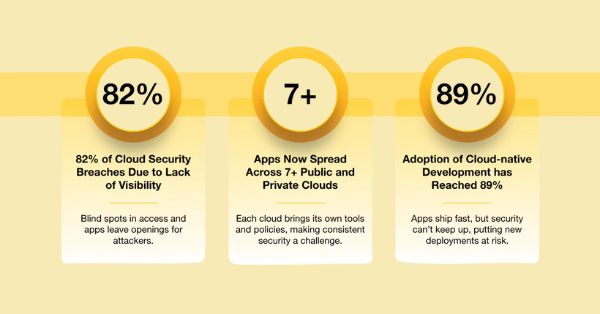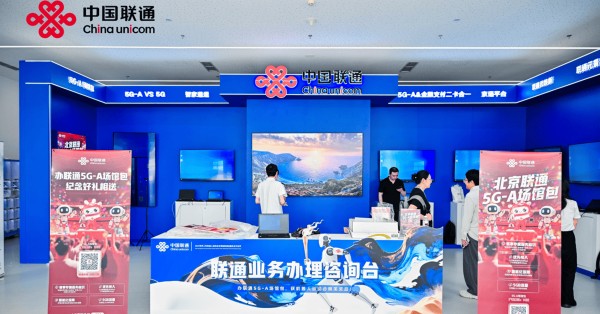BAI Communications (BAI), Sunderland City Council , and the University of Sunderland have announced a new partnership to deploy advanced wireless technologies across the university’s campuses as part of the smart city rollout, supporting research in key areas, enhancing teaching, and improving the student experience.
A 5G test lab will be developed on the University’s Sir Tom Cowie campus at St Peter’s, meaning The University of Sunderland is now set to become one of the UK’s first 5G-enabled universities, putting it at the forefront of smart education.
Use Cases
The university community will benefit from technology-enhanced teaching environments and cutting-edge research opportunities for uses of 5G and the Internet of Things (IoT) in key local sectors including manufacturing and health care. It will also open up further digital employment possibilities for students.
Other features include a new IoT network across the university’s campuses, which will improve operational efficiency for a broad range of services such as estate management and footfall analytics. Enhanced public WiFi will be available across the campuses, using EduROAM to give students, staff and visiting guests access to the new ultra-fast public WiFi service being made available across the center of Sunderland and Roker as part of its smart city infrastructure roll-out.
The announcement marks a significant step in Sunderland City Council’s journey with BAI to accelerate its 2030 ambition of creating the UK’s most advanced smart city, putting Sunderland and the wider North East region at the forefront of digital innovation.
The roll out of smart city technologies across Sunderland is set to bring a wide range of benefits to students, businesses, visitors and residents. Other developments include the improvement of wireless infrastructure services within the Stadium of Light, home of Sunderland AFC, enhancing services for guests and upgrading the fan experience.
Partnership Benefits for the University’s Campus
Billy D’Arcy, CEO of BAI Communications UK, said: “We’re immensely proud of the work we are doing in Sunderland to help it become one of the UK’s leading smart cities, and our new partnership will help further unleash its potential. Quality education has the power to transform lives and our work with the University of Sunderland will help it to become a leading 5G university, hugely enhancing campus services for students and staff, and creating new research and employment opportunities for the local population. 5G and IoT technologies are crucial growth areas which will be central in the digital economies of the future, and they have limitless potential to enhance Sunderland City Council’s public services and to enable local businesses to innovate and scale up.”
Sir David Bell, Vice Chancellor of the University of Sunderland, said: “The collaboration between the University of Sunderland and BAI is an excellent example of how different sectors and bodies are working together to put Sunderland at the forefront of digital innovation. Educational institutions, public services and business all benefit from enhanced digital infrastructure so I am very optimistic about the opportunities this partnership will open up for our students, staff and the wider community.
Enabling students to benefit from technological enhancements on campus will enhance their education in a state-of-the-art learning environment. In addition, the creation of the new 5G test lab is a major step forward and will cement the University’s place as a leader in research and innovation in the field.
Patrick Melia, Chief Executive of Sunderland City Council, said: “For Sunderland, becoming a smart city is about realising our potential, and education is at the heart of that. Putting the University of Sunderland at the forefront of innovation in 5G and Internet of Things technologies will open up new opportunities for students, businesses and residents in Sunderland. Our city has a proud industrial history and our partnership with BAI Communications will make Sunderland a hub for the digital industries of the future, and the university plays a crucial role in providing the skills and innovation needed to achieve that.”
































